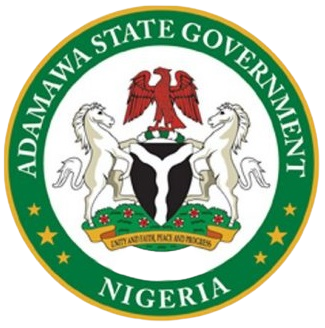Land management refers to the systematic and sustainable administration, utilization, and conservation of land resources to achieve various social, economic, and environmental objectives. It involves the coordination of policies, practices, and regulations to ensure responsible land use and to address the dynamic and diverse needs of communities. Here are key aspects of land management:
- Land Use Planning:
- Spatial Planning: Developing plans and policies that guide the allocation and utilization of land for different purposes, such as residential, commercial, industrial, agricultural, and recreational zones.
- Master Planning: Creating comprehensive master plans that outline the long-term vision for land use, infrastructure development, and community growth.
- Land Tenure and Rights:
- Land Ownership and Rights: Establishing and regulating systems of land tenure, defining ownership rights, and facilitating secure land transactions.
- Land Redistribution: Implementing policies and programs to address historical imbalances in land ownership and promote equitable access to land resources.
- Land Administration:
- Land Records and Titles: Maintaining accurate and up-to-date records of land ownership, transactions, and cadastral information.
- Title Registration: Facilitating the formal registration of land titles and deeds to provide legal certainty and prevent land disputes.
- Environmental Conservation:
- Natural Resource Management: Implementing strategies to sustainably manage natural resources associated with land, including forests, water bodies, and biodiversity.
- Land Rehabilitation: Undertaking measures to restore degraded land and prevent soil erosion, desertification, and other forms of land degradation.
- Urban and Regional Development:
- Infrastructure Planning: Coordinating the development of infrastructure projects, such as transportation, utilities, and public facilities, to support urban and regional growth.
- Smart Growth Initiatives: Promoting compact and sustainable urban development to minimize sprawl and optimize land use efficiency.
- Rural Development:
- Agricultural Planning: Supporting the development of agricultural practices that enhance productivity, sustainability, and food security.
- Rural Infrastructure: Investing in infrastructure projects that benefit rural communities, such as roads, irrigation systems, and market facilities.
- Land Valuation and Taxation:
- Property Valuation: Assessing the monetary value of land for taxation, compensation, or sale purposes.
- Land Taxation: Collecting taxes based on the assessed value of land to generate revenue for local governments.
- Disaster Risk Reduction:
- Risk Assessment: Identifying areas prone to natural disasters and implementing measures to reduce vulnerability, such as restricting development in high-risk zones.
- Emergency Planning: Developing contingency plans and response strategies for managing land-related disasters like floods, earthquakes, or wildfires.
- Community Engagement:
- Participatory Planning: Involving local communities in decision-making processes related to land management, ensuring their perspectives, needs, and concerns are considered.
- Public Awareness: Educating the public about sustainable land use practices and the importance of responsible land management.
Land management is a dynamic and interdisciplinary field that involves collaboration among government agencies, communities, and various stakeholders. Its effective implementation is crucial for achieving a balance between economic development, environmental conservation, and societal well-being.
